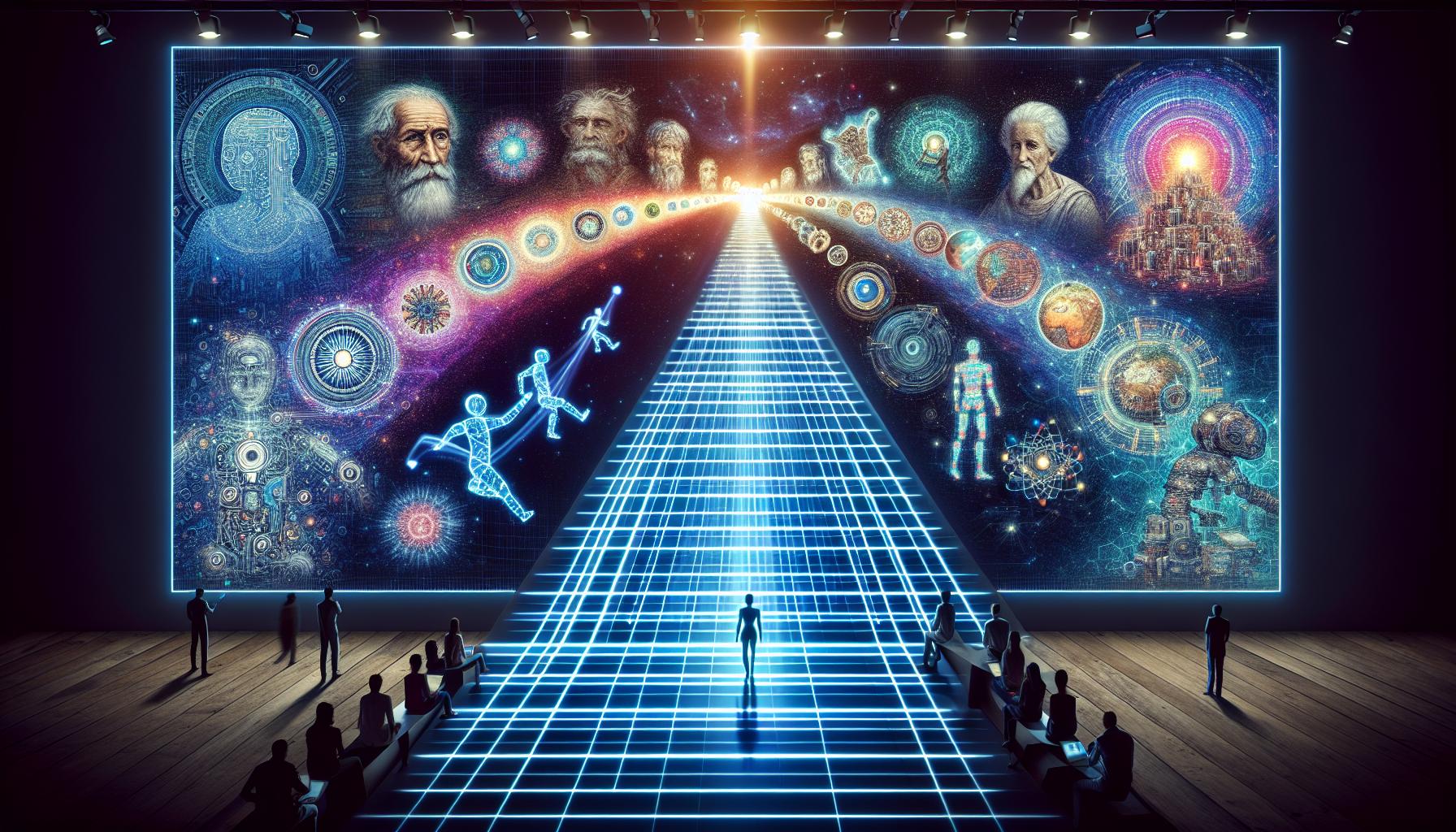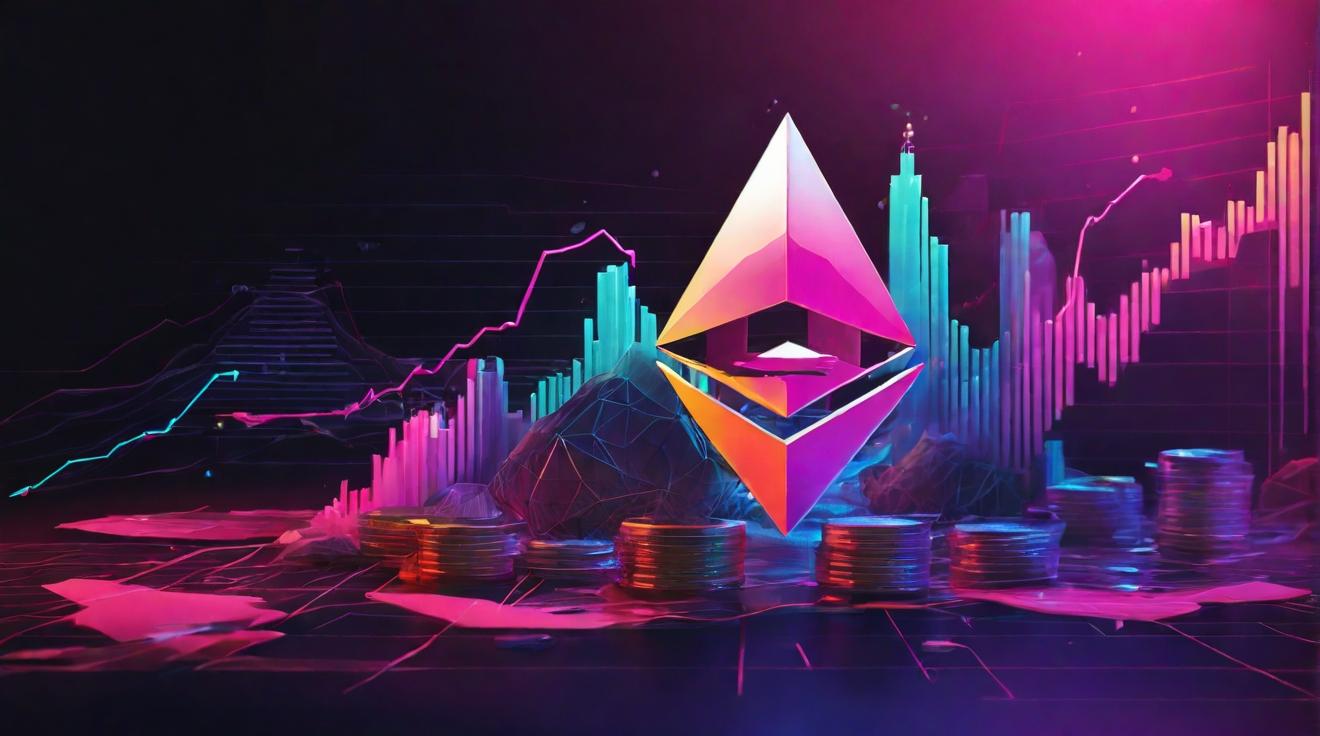A Journey Through Time: The History of Artificial Intelligence
Explore the fascinating history of AI, from ancient beginnings to the AI revolution in the 21st century.
Ancient Beginnings: Laying the groundwork for AI
In ancient civilizations, myths and stories often depicted intelligent beings created through mystical or magical means. These early tales ignited the human desire to create artificial entities with human-like intelligence, planting the seeds for the development of AI.
The Birth of Modern AI: Turing and the Dartmouth Conference
The formalization of AI as a field of study began in the mid-20th century with the groundbreaking work of British mathematician and logician Alan Turing. In 1950, Turing proposed the famous Turing Test, which became a benchmark for evaluating a machine’s ability to exhibit intelligent behavior indistinguishable from that of a human.
The birth of AI as an interdisciplinary field occurred in 1956 at the Dartmouth Conference. Bringing together computer scientists, cognitive psychologists, and mathematicians, this event paved the way for AI research, development, and exploration. Key figures in attendance, such as John McCarthy, Marvin Minsky, Allen Newell, and Herbert A. Simon, laid the foundation for the future of AI.
Early Challenges and AI Winter: Dealing with setbacks
Optimism about the rapid development of AI was met with limited computing power and technological barriers. Progress proved slower than expected, leading to what became known as “AI winters.” These periods saw reduced funding and interest in AI research due to unmet expectations and difficulties faced in overcoming challenges.
Breakthroughs and Resurgence: Rising above the setbacks
Despite the setbacks, significant breakthroughs occurred in the latter part of the 20th century. Expert systems, designed to mimic human decision-making, gained popularity. Machine learning emerged as a key paradigm in the 1990s, allowing computers to learn from data through the exploration of algorithms.
The 21st Century Revolution: AI’s remarkable achievements
Advancements in computational power, big data, and breakthroughs in machine learning, particularly neural networks, drove an AI renaissance in the 21st century. IBM’s Watson winning Jeopardy! in 2011 showcased AI’s potential for nuanced language understanding. Deep learning, focused on neural networks with multiple layers, revolutionized AI applications, leading to remarkable achievements in image recognition, natural language processing, and speech recognition.
AI in Everyday Life: Impacting industries and society
AI is no longer confined to science fiction; it has become an integral part of our daily lives. It influences industries such as healthcare, finance, education, and entertainment. Smart assistants, recommendation systems, and autonomous vehicles are just a few examples of AI applications that have become commonplace, transforming the way we live and interact with technology.
Conclusion: Reflecting on the past, embracing the future
The history of AI demonstrates human ingenuity and the relentless pursuit of creating intelligent machines. From ancient myths to cutting-edge technologies, AI has come a long way. As we stand on the brink of the AI era, it is essential to reflect on the past, understand the present, and anticipate the exciting possibilities that the future holds for artificial intelligence.
Analyst comment
This news can be evaluated as positive. The history of AI showcases human ingenuity and the remarkable achievements that have been made in the field. The market for AI is expected to continue growing as advancements in technology and machine learning drive further innovation and adoption across industries.













